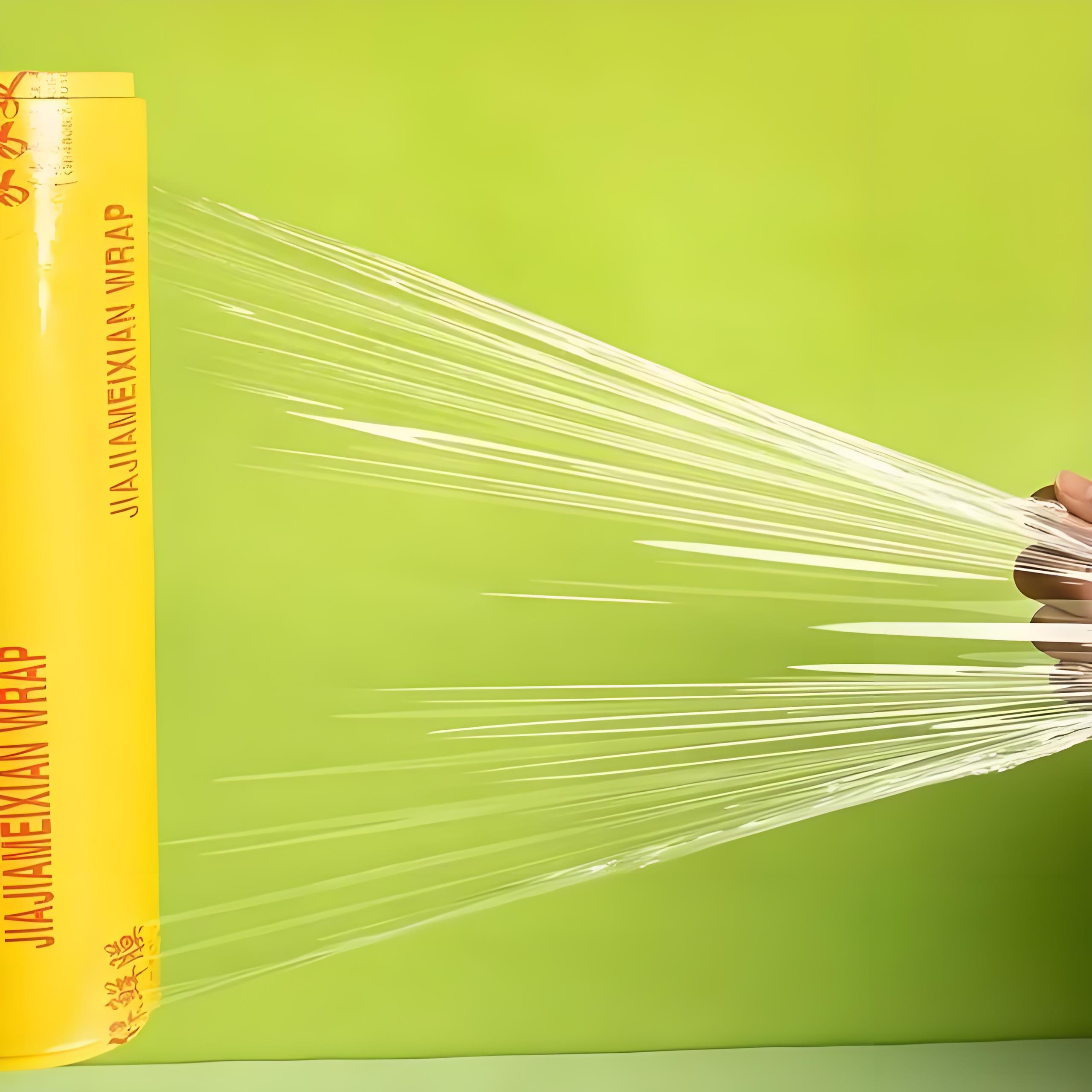
Exploration of the Application of MBS Resin
In the field of plastic modification, methyl methacrylate - butadiene-styrene copolymer (MBS resin) is like an "invisible guardian", quietly enhancing the performance of transparent plastic products. This ternary copolymer prepared by emulsion polymerization has become a key material for PVC modification due to its unique core-shell structure.
The most notable characteristics of MBS resin are its excellent transparency and impact resistance. Its core layer is elastic butadiene rubber, which is responsible for absorbing impact energy. The shell layer is composed of rigid methyl methacrylate and styrene to maintain the material strength. This structural design enables the light transmittance of MBS modified PVC to reach over 90%, while increasing the impact strength by 5 to 8 times, perfectly solving the industry problem of plastic products being brittle when transparent.
In terms of application, MBS resin mainly serves two major fields: packaging and building materials. In food packaging, PVC cling film with 10-15%MBS added can not only maintain transparency but also be less prone to cracking. In the construction industry, it is used to produce weather-resistant transparent corrugated sheets, whose service life is 3 to 5 years longer than that of ordinary plastics. In 2024, the global consumption of MBS exceeded 800,000 tons, with the Chinese market accounting for 35%.
With the tightening of environmental protection regulations, degradable MBS has become a research and development hotspot. The latest research shows that MBS using bio-based monomers can reduce the material's carbon footprint by 30%, which offers new possibilities for sustainable development. In the future, functionalized MBS resins will demonstrate greater value in fields such as medical packaging and new energy vehicles.
Shandong AXA Chem Co.,Ltd
June 10, 2025



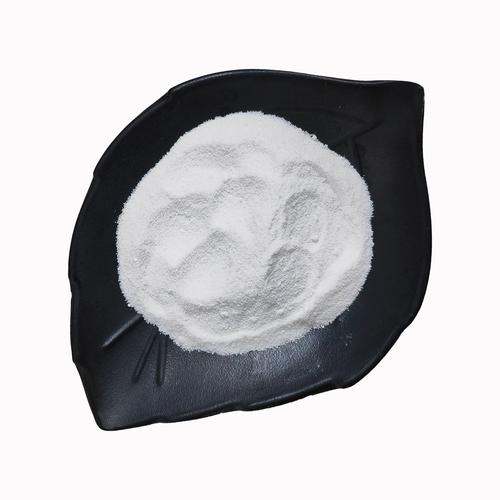
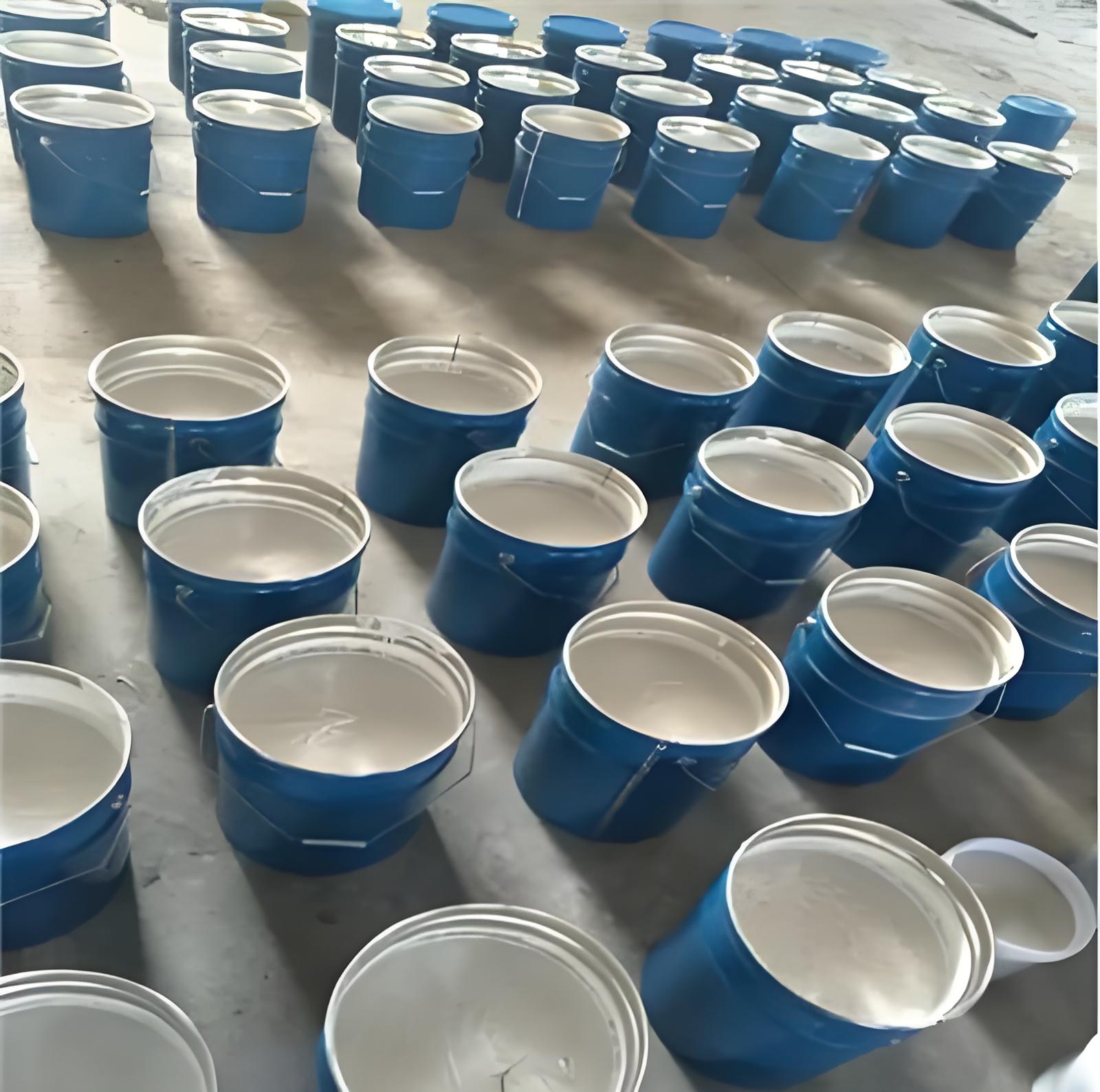
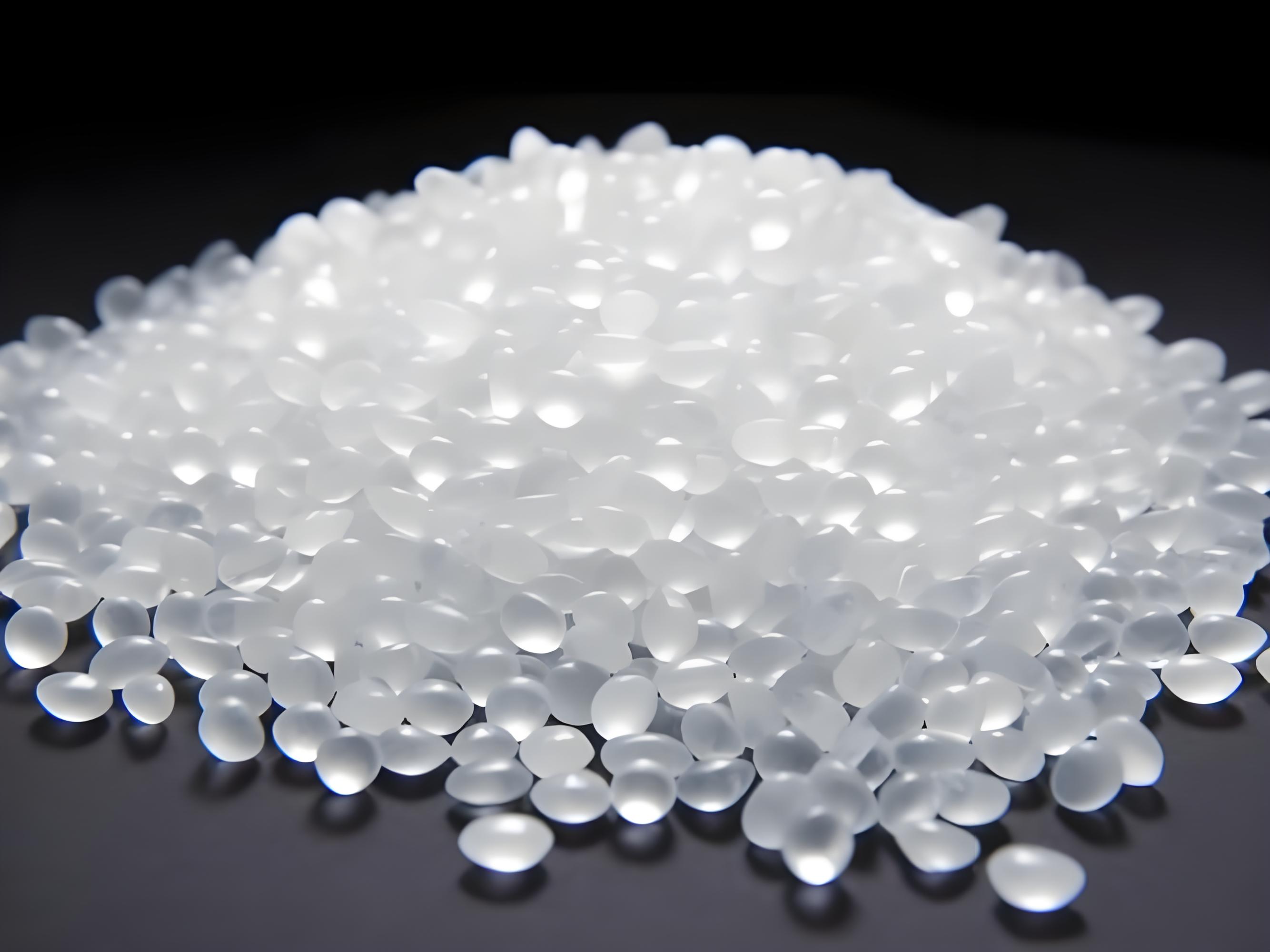
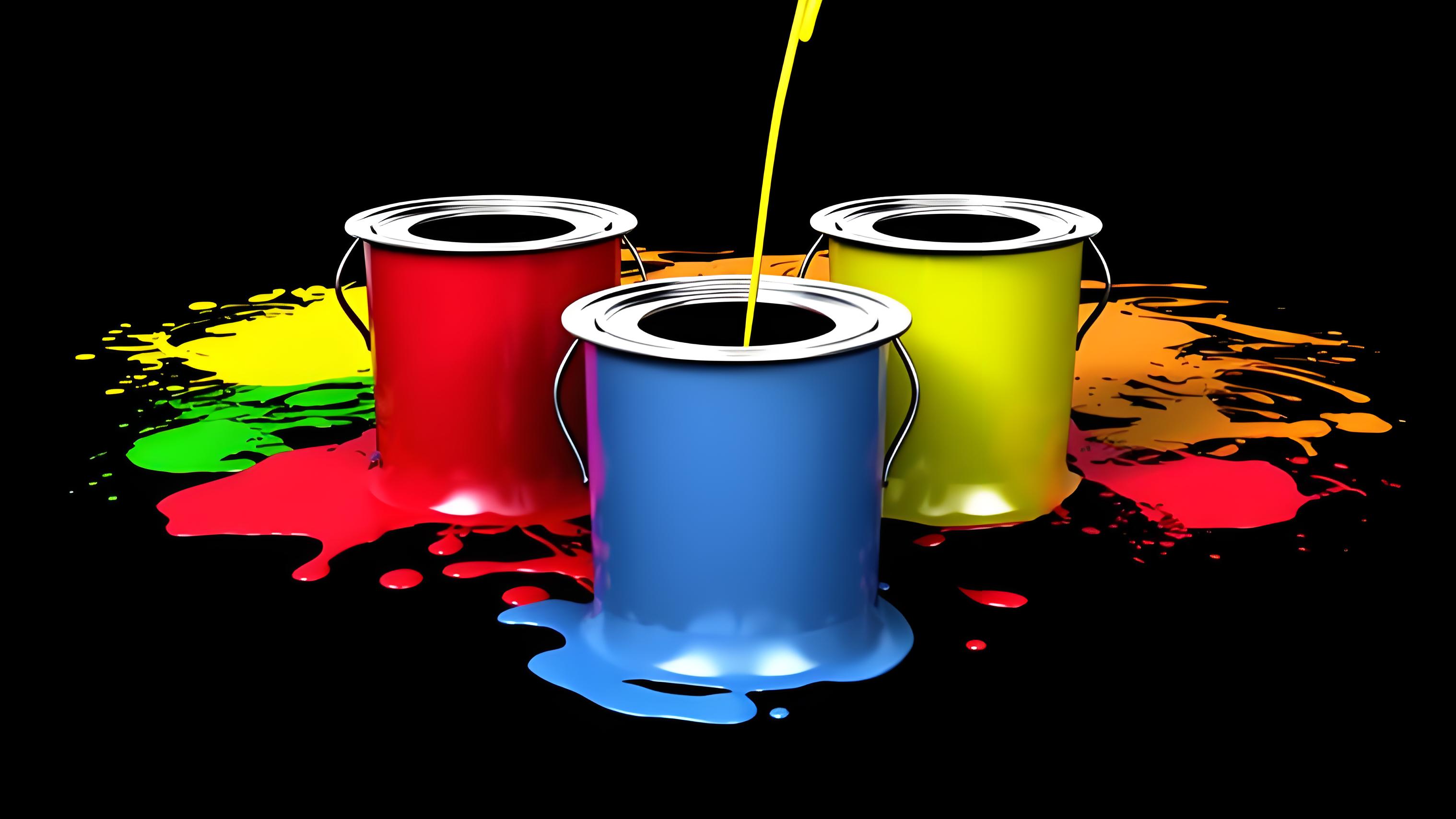
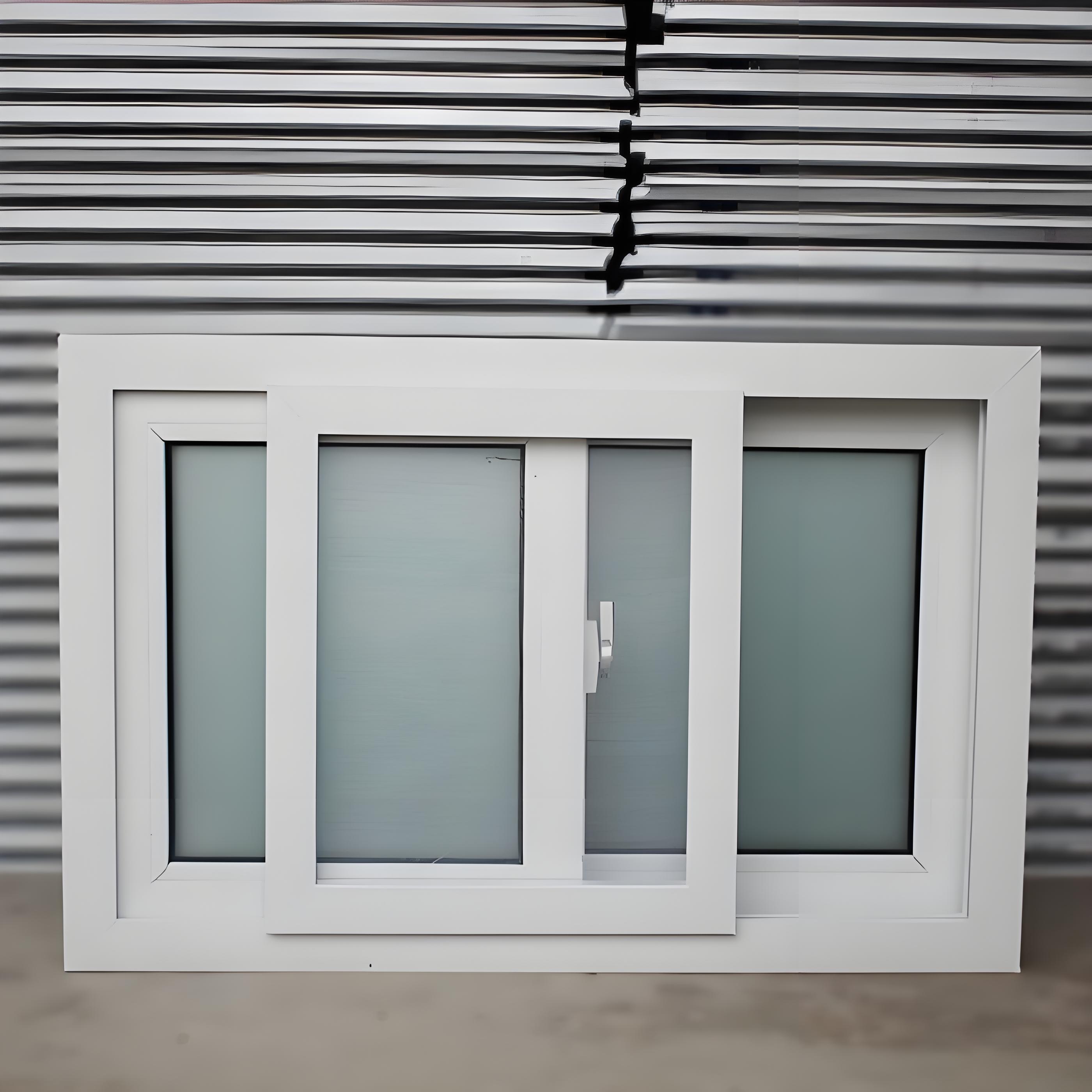
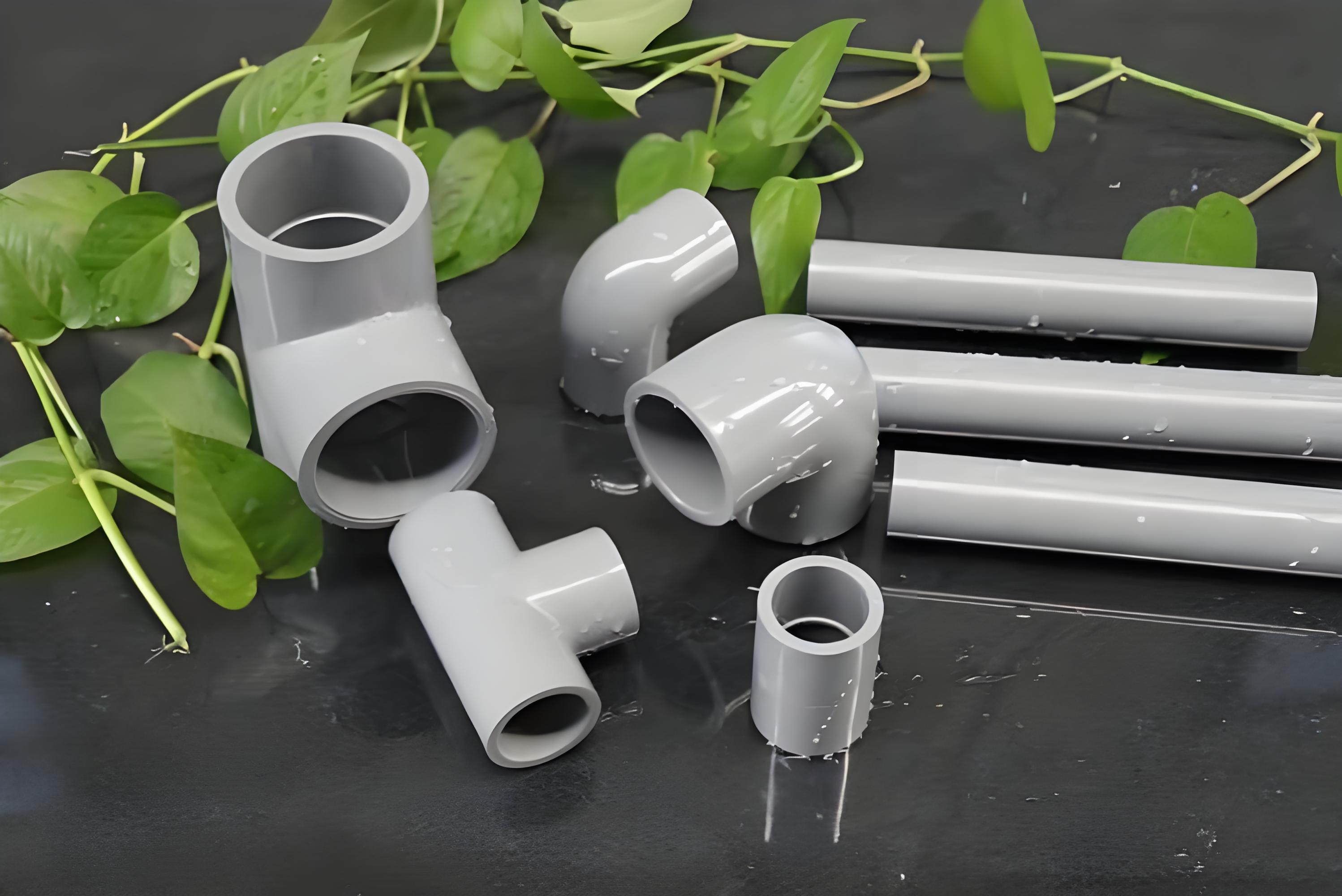







Leave a Reply
Your email address will not be published. Required fields are marked *